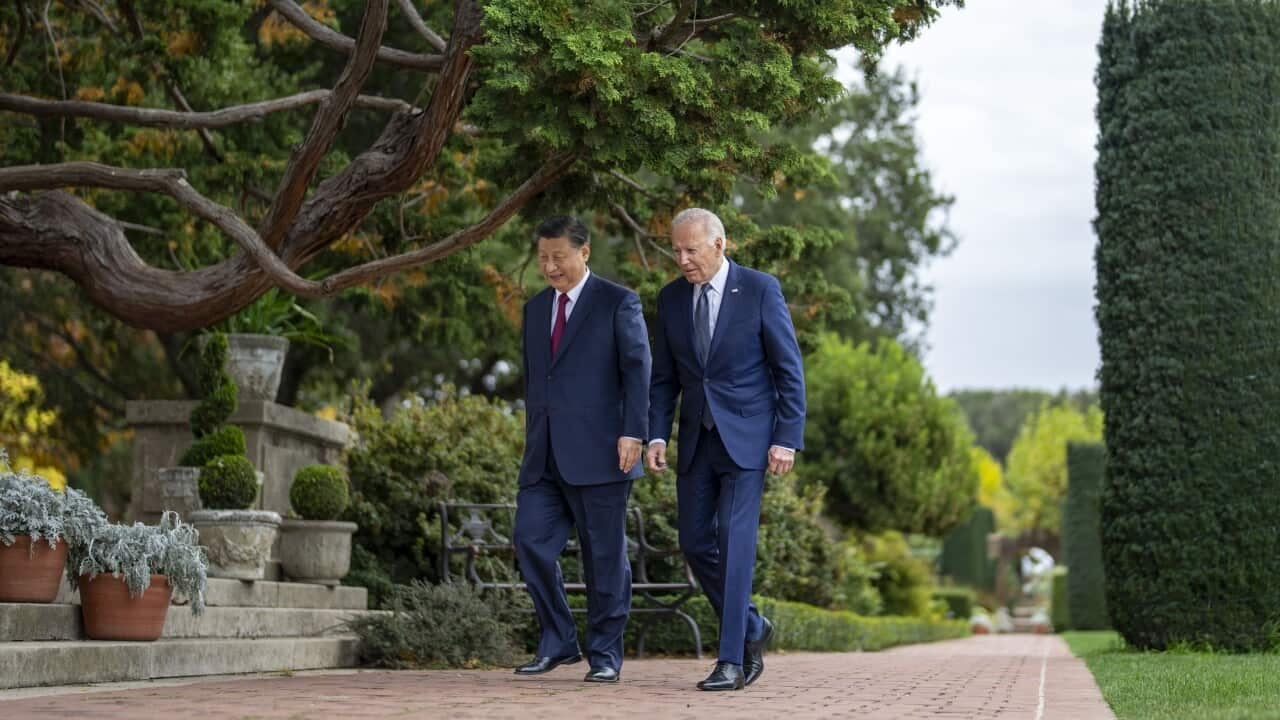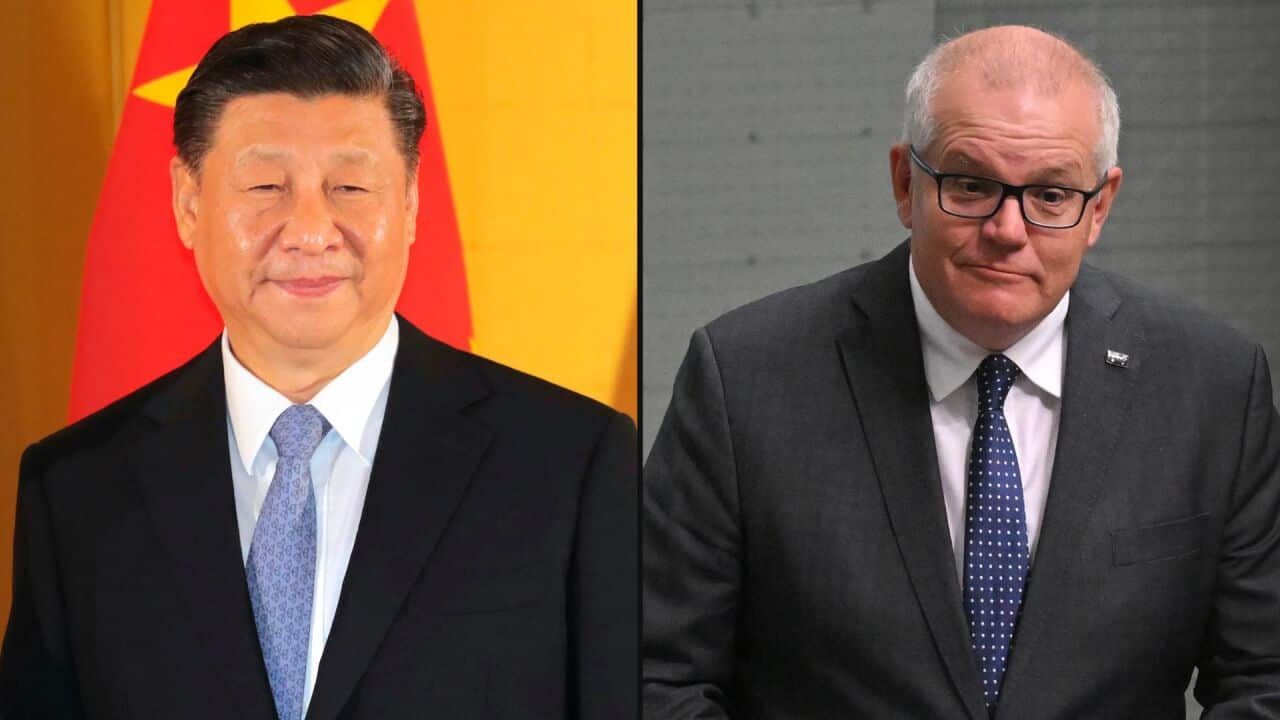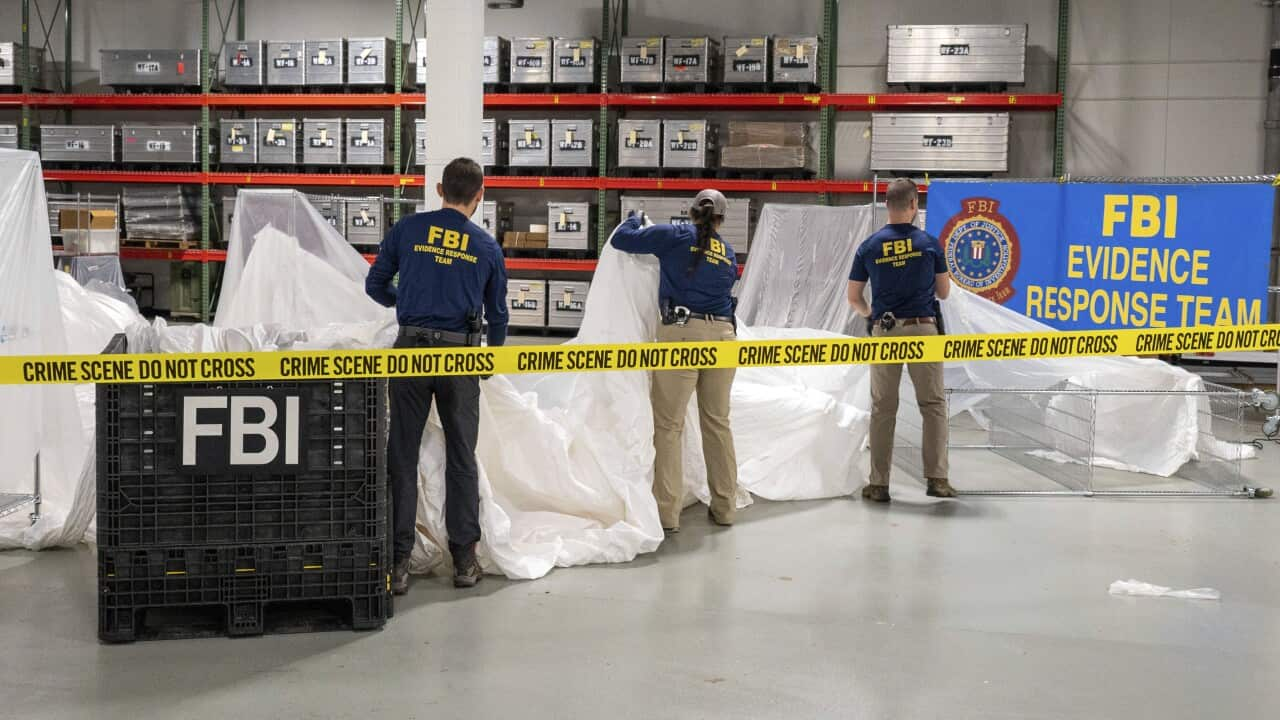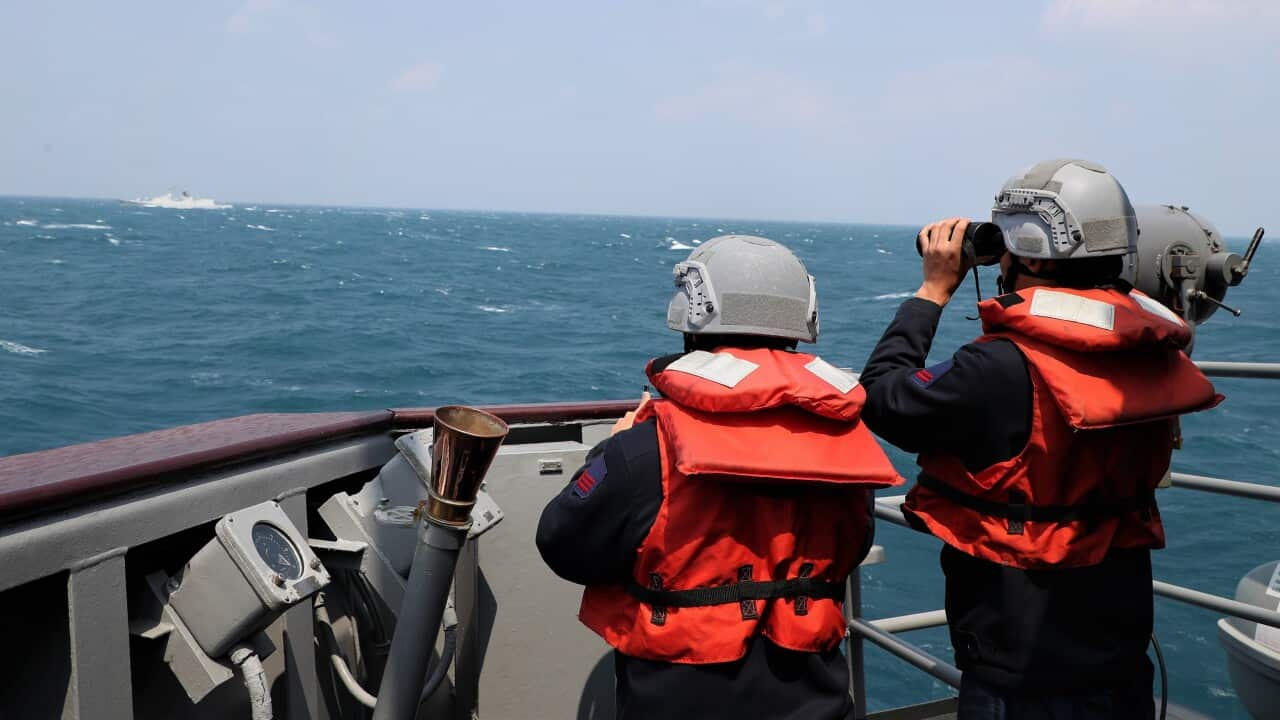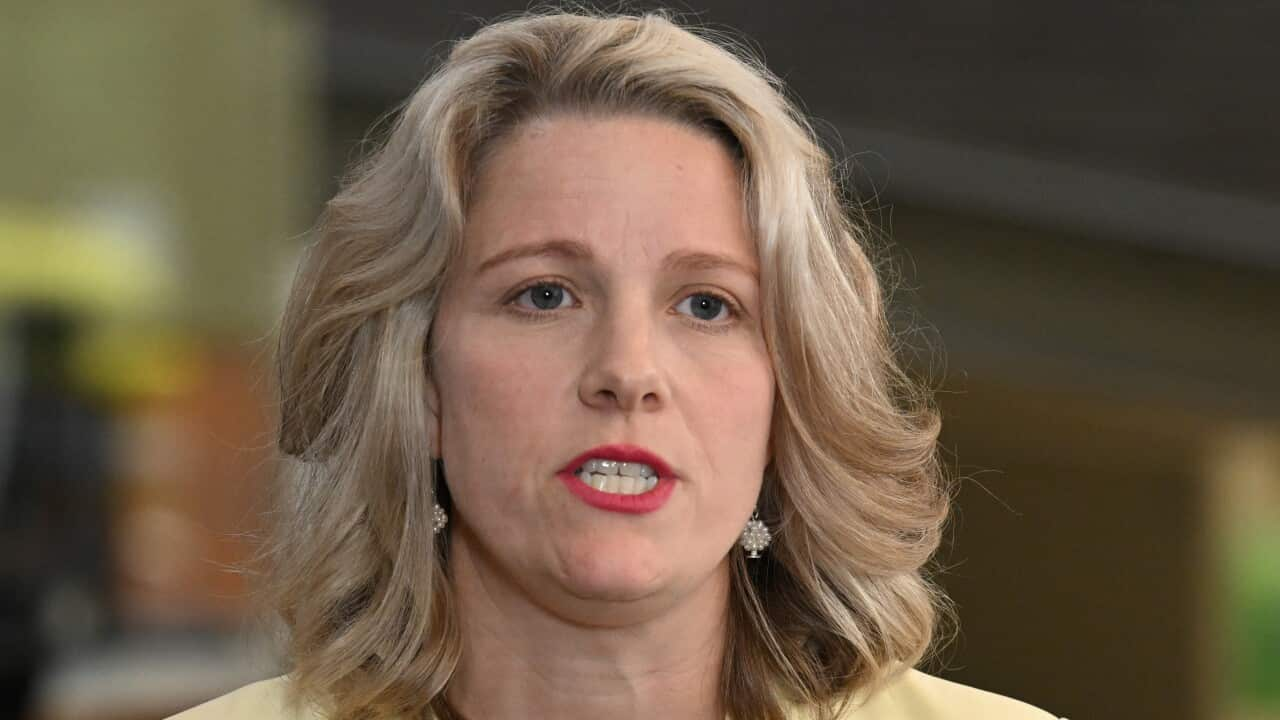Key Points
- Biden and Xi discussed issues that have strained US-Chinese ties.
- It was their first face-to-face meeting in a year.
- China severed military contacts with the US after former House Speaker Nancy Pelosi visited Taiwan in 2022.
US President Joe Biden and Chinese leader Xi Jinping agreed on Wednesday to open a presidential hotline, resume military-to-military communications, and work to curb fentanyl production, showing tangible progress in their first face-to-face talks in a year.
Biden and Xi met for about four hours on the outskirts of San Francisco to discuss issues that.
“We’re back to direct, open clear direct communication on a direct basis,” Biden said.
In addition, Biden said he and Xi agreed to high-level communications. "He and I agreed that each one of us can pick up the phone call directly and we'll be heard immediately."
But in a comment likely to irk the Chinese, Biden told reporters later that he had not changed his view that Xi is a dictator. "Well, look, he is. I mean, he’s a dictator in the sense that he is a guy who runs a country that is a communist country," Biden said.
Biden and Xi came into the talks looking to smooth over a rocky period in relations that took a turn for the worse after a transited the United States and was shot down by a US fighter jet in February.
Biden said he raised areas where Washington has concerns, including detained US citizens, human rights, and Beijing’s aggressive activities in the South China Sea.
"Just talking, just being blunt with one another so there’s no misunderstanding," Biden said.
Here are the key issues discussed.
'Substantial' talks on Taiwan
The two leaders had a "substantial" discussion on Taiwan, with Xi telling Biden that Taiwan was the biggest, most dangerous issue facing the two superpowers, a senior US official told reporters.
The Chinese leader said that China had no plans for military action against Taiwan in coming years, but also discussed conditions under which force could be used, the official said. Biden said he "stressed the importance of peace and stability in the Taiwan Strait."
He also asked Xi to respect Taiwan's electoral process, the US official said.
Xi responded: "Look, peace is ... all well and good but at some point, we need to move towards resolution more generally," the US official said.
Plans to resume military contacts
Beijing said the two leaders agreed to resume military contacts that China severed after then-House of Representatives Speaker Nancy Pelosi visited Taiwan in August 2022.
Biden made a "very clear request" that both countries institutionalise the military-to-military dialogues, and US Secretary of Defense Lloyd Austin will meet his Chinese counterpart when that person is named, a senior US official said.
Leader-to-leader communications
Biden said he and Xi agreed to high-level communications. "He and I agreed that each one of us can pick up the phone call directly and we'll be heard immediately," Biden told reporters after the meeting.
Cooperation and conciliation
Beijing's report of the meeting, via the Communist Party-controlled Chinese state media, emphasized the need for more cooperation, dialogue, and respect.
China and the United States should set an example for other countries, Xi told Biden, according to Chinese media, and promote cooperation on trade, agriculture, climate change, and artificial intelligence.
An official briefed on the talks said Beijing was also seeking a show of respect for the trip.
Issue of fentanyl overdoses
Biden and Xi agreed to cooperate on addressing the source of the opioid fentanyl, a leading cause of drug overdoses in the United States, the US official said.
Under the agreement, China will go directly after specific chemical companies that make fentanyl precursors.
Weighing in on Iran
The two leaders also discussed the unfolding crisis in the Middle East, with Biden asking China to weigh in with Iran and urge it to avoid steps that could be seen as provocative, the senior US official told reporters.
Chinese officials told the US side that they had engaged in discussions with Iran on regional risks.
'Very much focused' on AI use
The two leaders also discussed artificial intelligence (AI) and agreed that if AI was used in military or nuclear operations, it created real risks.
The senior US official said both sides were "very much focused" on practices regarding AI that could be dangerous or destabilising, but not ready for any mutual declaration.
